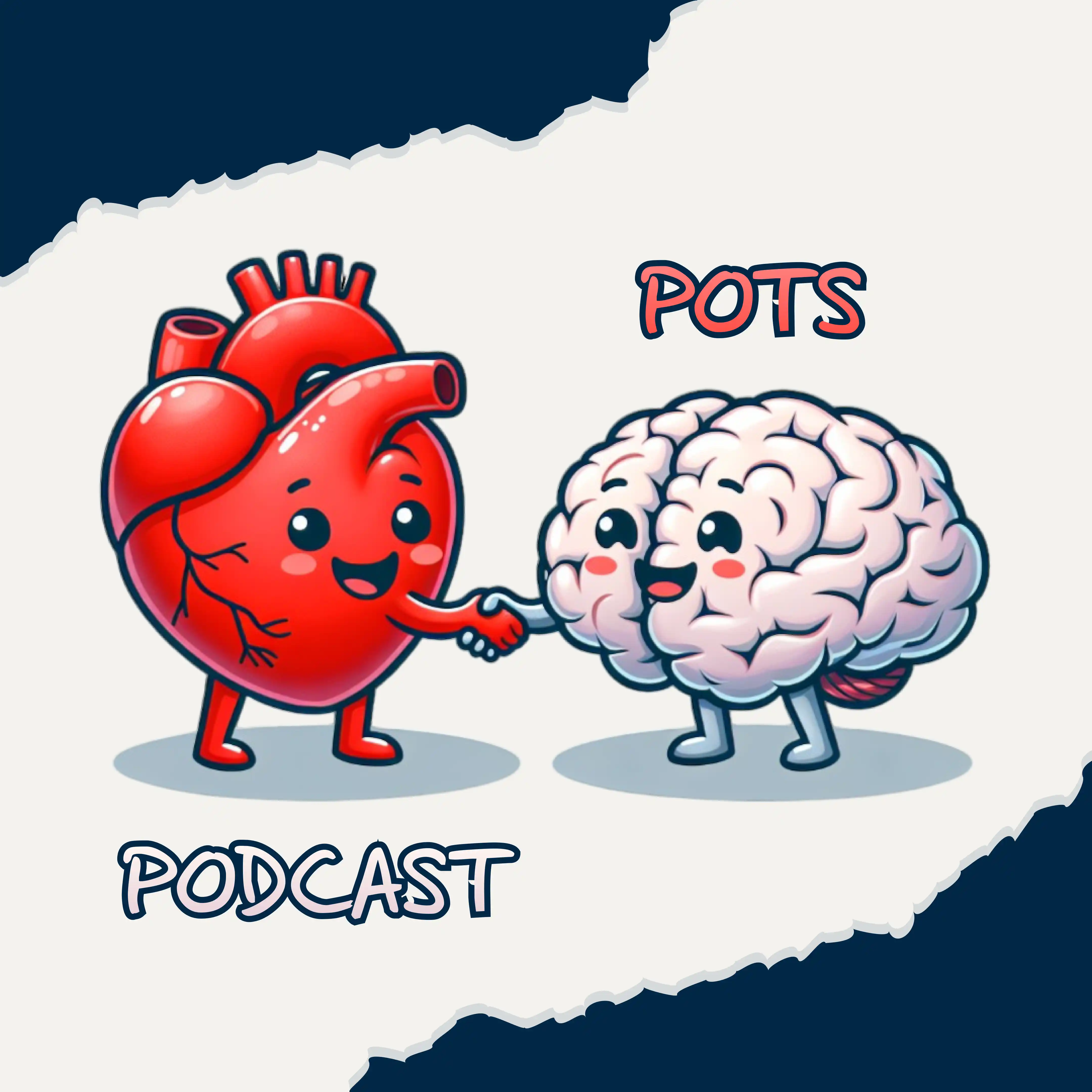
POTS Isn't Just Fast Heart Rate and Why Your Brain Holds the Key
Dr. Joseph Schneider clears up the confusion between postural orthostatic tension syndrome and postural orthostatic tachycardia syndrome (POTS) on My POTS Podcast, explaining why both terms describe the same debilitating condition. He breaks down how POTS affects far more than heart rate, causing dangerous blood pressure drops that lead to fainting, falls, and serious injuries when patients try to stand or climb stairs. The episode explores the cascade of symptoms that follow, including chronic fatigue, fibromyalgia, migraines, digestive issues, and reproductive problems that leave patients unable to work or care for their families. Dr. Schneider explains how damaged autonomic nervous systems create this widespread dysfunction, whether from inflammation, toxins, mold, COVID, or vaccines. He introduces Quantitative Electroencephalography (qEEG) as a diagnostic tool that reveals brain communication patterns—connecting the thalamus, hypothalamus, and various neural pathways that control automatic body functions. Rather than managing symptoms for life, Dr. Schneider advocates for regenerating damaged brain and body systems through proper diagnosis and targeted treatment protocols. Connect with Dr. Joseph Schneider: Website: Hope Brain and Body Recovery Center LinkedIn: Joseph Schneider YouTube: hopebrainbodyrecoverycenter Instagram: @hopebraincenter_ Facebook: Hope Brain and Body Recovery Center
Description:
Dr. Joseph Schneider clears up the confusion between postural orthostatic tension syndrome and postural orthostatic tachycardia syndrome (POTS) on My POTS Podcast, explaining why both terms describe the same debilitating condition. He breaks down how POTS affects far more than heart rate, causing dangerous blood pressure drops that lead to fainting, falls, and serious injuries when patients try to stand or climb stairs. The episode explores the cascade of symptoms that follow, including chronic fatigue, fibromyalgia, migraines, digestive issues, and reproductive problems that leave patients unable to work or care for their families. Dr. Schneider explains how damaged autonomic nervous systems create this widespread dysfunction, whether from inflammation, toxins, mold, COVID, or vaccines. He introduces Quantitative Electroencephalography (qEEG) as a diagnostic tool that reveals brain communication patterns—connecting the thalamus, hypothalamus, and various neural pathways that control automatic body functions. Rather than managing symptoms for life, Dr. Schneider advocates for regenerating damaged brain and body systems through proper diagnosis and targeted treatment protocols.
Connect with Dr. Joseph Schneider:
Website: Hope Brain and Body Recovery Center
LinkedIn: Joseph Schneider
YouTube: hopebrainbodyrecoverycenter
Instagram: @hopebraincenter_
Facebook: Hope Brain and Body Recovery Center


Comments